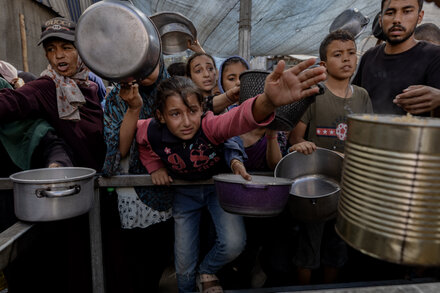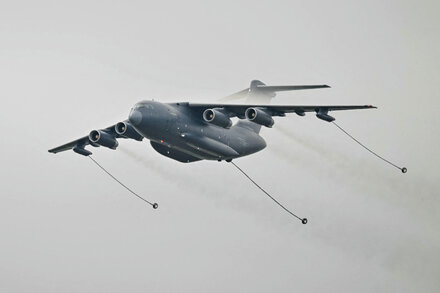International aid organizations are rapidly mobilizing resources to deliver critically needed humanitarian assistance to the Gaza Strip, following reports of an impending cease-fire. Agencies are poised to provide immediate relief to a population grappling with severe shortages and displacement.

International aid organizations are rapidly mobilizing resources and coordinating logistics in preparation to deliver critically needed humanitarian assistance to the Gaza Strip, following reports of an impending or newly established cease-fire. Agencies are poised to provide immediate relief, including food, water, medical supplies, and shelter, to a population grappling with severe shortages and displacement.
The potential pause in hostilities has triggered an urgent operational response from groups such as the United Nations Relief and Works Agency for Palestine Refugees in the Near East (UNRWA), the World Food Programme (WFP), Doctors Without Borders (Médecins Sans Frontières – MSF), and the Palestinian Red Crescent Society. Many of these organizations have pre-positioned supplies in warehouses close to Gaza’s borders, awaiting clearance for entry and distribution.
“Our teams are on standby, ready to move in the moment access is granted and safe passage can be assured,” stated Philippe Lazzarini, Commissioner-General of UNRWA, in a statement to the press. “The needs inside Gaza are immense, bordering on catastrophic. Every minute counts when it comes to delivering life-saving aid to millions who have endured unimaginable hardship.”
“Our teams are on standby, ready to move in the moment access is granted and safe passage can be assured. The needs inside Gaza are immense, bordering on catastrophic. Every minute counts when it comes to delivering life-saving aid to millions who have endured unimaginable hardship.”
— Philippe Lazzarini, Commissioner-General of UNRWA
Logistical Challenges and Coordination
A primary concern for aid groups is ensuring unimpeded access through border crossings like Rafah and Kerem Shalom, as well as establishing secure corridors for aid distribution within Gaza itself. Years of conflict have severely damaged infrastructure, including roads, power grids, and communication networks, complicating efforts to reach affected communities, particularly in the northern areas.
Humanitarian agencies are also emphasizing the need for robust coordination mechanisms with all parties to the conflict to guarantee the safety of aid workers and the secure delivery of assistance. The complexities of operating in a highly volatile environment necessitate clear lines of communication and ironclad commitments to humanitarian principles.
An MSF field coordinator highlighted the immediate medical priorities. “Beyond treating trauma injuries, we anticipate a surge in cases related to infectious diseases, malnutrition, and chronic conditions that have gone untreated,” said Dr. Omar Khalil, speaking from Cairo. “Our focus is not just on emergency care, but also on restoring basic health services that have collapsed.”
“Beyond treating trauma injuries, we anticipate a surge in cases related to infectious diseases, malnutrition, and chronic conditions that have gone untreated. Our focus is not just on emergency care, but also on restoring basic health services that have collapsed.”
— Dr. Omar Khalil, MSF field coordinator
The WFP indicated that its immediate priorities include providing ready-to-eat food rations to alleviate acute hunger, particularly among internally displaced persons (IDPs) sheltering in overcrowded facilities. Efforts are also underway to secure fuel supplies essential for operating water pumps, hospitals, and bakeries.
While the prospect of a cease-fire offers a glimmer of hope, aid organizations warn that sustained, long-term humanitarian access and a lasting peace agreement will be critical to address the deep-seated crisis and enable recovery for the more than two million residents of Gaza.
Source: Read the original article here.





